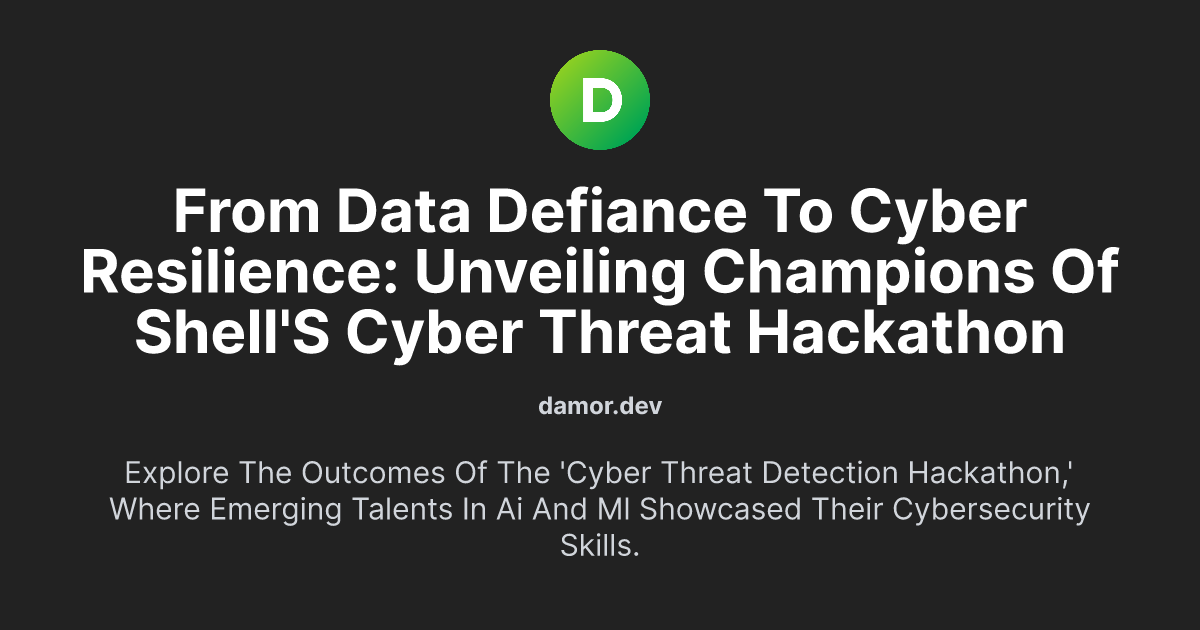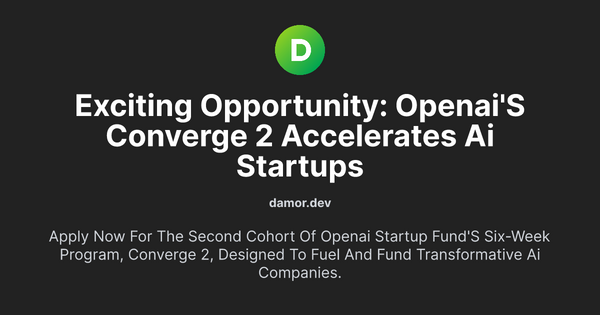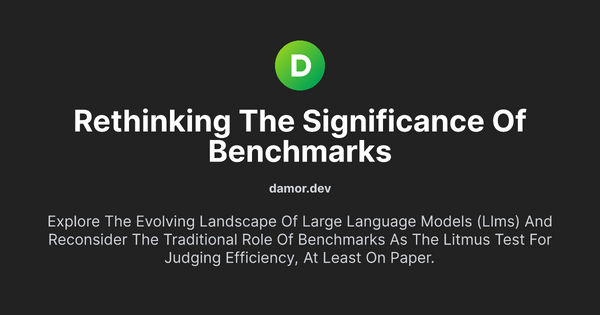From Data Defiance to Cyber Resilience: Unveiling Champions of Shell's Cyber Threat Hackathon

Shell's Cyber Threat Hackathon: Unveiling Cyber Resilience Champions
Recently, Shell and MachineHack teamed up to host the 'Cyber Threat Detection Hackathon,' an exciting event that ran from September 15 to November 10, 2023. This hackathon played a crucial role in advancing cybersecurity solutions, focusing on identifying hidden code in text to bolster web application security and resilience against cyber threats.
The Challenge:
The primary goal was to develop models capable of detecting concealed code within text, a tactic often employed by cyber threats to compromise systems and access sensitive data. Hackers cleverly embed malicious code in seemingly harmless files such as images, videos, or text files, which, when executed, can jeopardize security.
How It Worked:
Participants were given a text with hidden source code, lacking source control markers and potentially segmented within the text. Their task? To spot and extract this hidden code using techniques like pattern recognition, machine learning models, and natural language processing.
What Was at Stake:
With a grand prize of $2500 for the winner, the hackathon drew considerable attention. The second and third prize winners stood to receive $1200 and $700, respectively. Even the next ten runners-up were promised $60 each.
Winners' Strategies:
- Ramashish Gupta (First Prize): An undergraduate at IIT Kharagpur, Gupta's winning strategy involved a two-step training process, addressing challenges in code repetition and improving accuracy through dynamic text matching. He fine-tuned a pre-trained T5 model from Salesforce.
- Mohan Krishna Gupta (Second Prize): A recent BTech graduate and NLP engineer at Textify AI, Gupta used an ensemble of RoBERTa and DeBERTa models for an NLP question-answering task. His approach showcased experimentation with different models and building an ensemble for optimal results.
- Jatin Yadav (Third Prize): A GCP data engineer at Cognizant, Yadav initially attempted manual code extraction before leveraging FLAN-T5. He enhanced the model's tokenizer to recognize specific programming tokens, improving overall accuracy.
Other Recognitions:
Apart from the top three winners, several participants received recognition for their efforts. Notable mentions include Prabin Kumar Nayak, Roshan Rateria, Rajat Ranjan, Bhavyan Sahayata, Thangadurai Jayaraman, and Ayush Patel.
Takeaway:
The 'Cyber Threat Detection Hackathon' provided a platform for emerging talents in AI and ML to showcase their cybersecurity skills. This collaboration between the technology sector and the developers' community marked significant advancements in AI for addressing cybersecurity challenges, hinting at promising collaborative solutions in the future.


![[Solved] ZlibError:zlib:
unexpected end of file - payload](/content/images/size/w600/2024/02/Screenshot-2024-02-18-143905.png)


